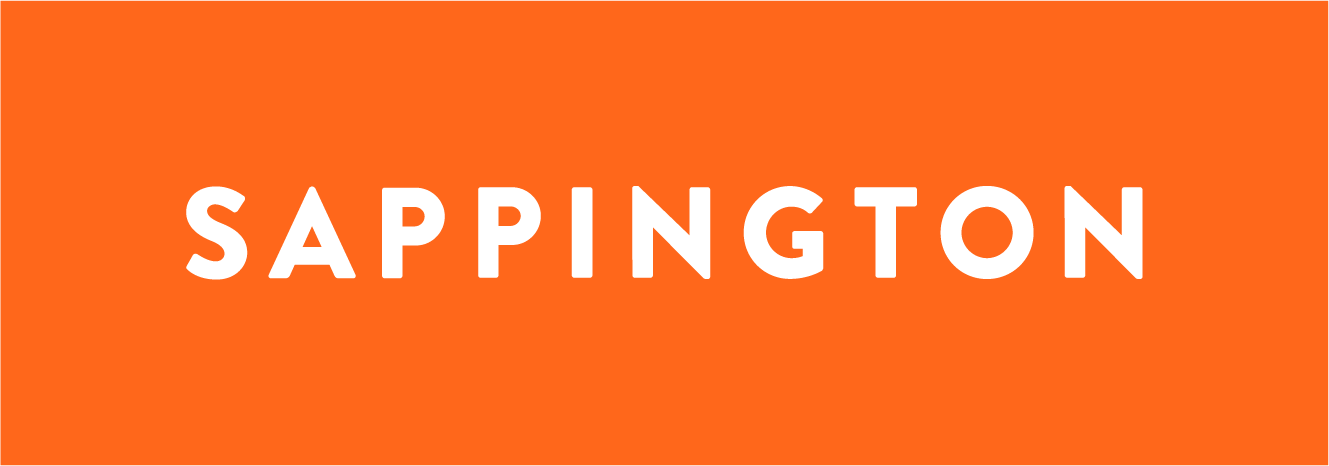It’s all about people | Profile of Simran Sachar
Director, Global Partner Solutions | Data & AI and Digital & App Innovation, Microsoft
For Simran Sachar, the future is definitely digital. But it must be a digital future that’s created responsibly—and one that will help us live better. The foundation will be data and AI, and Sachar is passionate about their potential to transform businesses and human life.
“The past 40 years of software evolution was primarily to empower people to get efficiencies through technology,” Sachar says. “But in the new era, it's going to be people and machines coming together. That’s where the concept of responsible AI is critical. We want to make sure that as we develop new solutions for humankind—as we start trusting machines more—we do it in a way that’s based on the values that we, as humans, have evolved.”
As Director of Global Partner Solutions | Data & AI, Digital & App Innovation, Microsoft, Sachar sees the power of data and AI every day. In his role, he collaborates with Microsoft’s engineering, marketing, and sales organizations to drive business growth with partners—a key element in Microsoft’s overall business. His team also works with partners to explore strategic ways for them to grow using Microsoft Cloud technologies.
Partners include services providers who help deploy the Microsoft platform to their customers, as well as independent software vendors (ISVs) to help them build software-as-a-solution or platform-as-a-solution on top of the Microsoft Cloud and take it to market.
“Our role is to make sure that we’re building a solid Microsoft ecosystem as well as delivering customer value through partners,” Sachar says.
Cultural connections
Sachar was born in India, has traveled the globe, and worked with many different cultures. “I've learned that as humans, we’re so similar in many aspects—in terms of our emotions, the way we feel respected, the way we feel relevant,” he says. “And there's also an aspect of how we’re emotionally connected with the way we've been raised in a certain culture.”
This cultural grounding can lead to blind spots or biases in the way technology is developed. The way to combat this, Sachar believes, is to openly create awareness of these biases and discuss them, making sure the right feedback loops are used to keep questioning and learning. If technology is to be inclusive, it needs to be shaped by the perspectives and experiences of many different types of people—something that can’t get sidelined amid business pressures to move faster and faster.
“If technology is to be inclusive, it needs to be shaped by the perspectives and experiences of many different types of people.”
The creation journey
In his work at Microsoft, Sachar has the opportunity to be part of the entire journey of building a product, from ideation to realization, leveraging the latest technology. He says he couldn’t imagine a more exciting place to be. “I might start my day having a conversation with an engineer who's looking into new cognitive services with vision capabilities, and by the afternoon, I’m talking to an ISV thinking about a solution to provide more safety to people working in a factory. That end-to-end ability to learn, conceptualize, and see how it gets applied is so powerful.”
He also appreciates the opportunity to empower people to use technology to do more with less—and to influence how that technology is used.
Sachar has seen firsthand the way that Microsoft’s resources can make a huge difference to partners. “Microsoft offers the freedom to explore and work with some of the most innovative minds in the industry. And then we offer the platform, solutions, frameworks, and tools to make it real for partners and customers,” he says.
This combination also provides unique opportunities for scale, allowing millions of people to have access to an idea or product much faster. Microsoft partners extend that access beyond where Microsoft can reach on its own.
Power of technology
Analytics and AI will positively impact the world economy by a $13 trillion uptick by 2030, according to a study from McKinsey. These technologies have evolved quickly. Sachar remembers that early in the cloud era, many customers were hesitant about moving to the cloud due to security concerns. Now, they’re moving to the cloud because of security concerns.
Analytics and AI offer the opportunity to amplify positive outcomes and harness collective power. “Collectively, we’re smarter and more powerful than as individuals,” Sachar observes. “The era of cloud is enabling us to work together in terms of storing, managing, and processing data through massive compute engines, empowering some of the sharpest minds at Microsoft and our partners to create software that can be deployed at a global scale. All this is uncovering the fact that we’re more interconnected than ever.”
AI and data analytics aren’t just transforming business; these technologies are making powerful innovations possible that affect the world as a whole. An example is the record-speed development, rollout, and distribution of COVID-19 vaccines, which were supported by simulations and models powered by technologies, including data analytics and AI.
Simran's tips for working with partners
Through his years of working closely with Microsoft partners, Sachar has identified best practices that offer a competitive edge for organizations:
Define your short-, mid-, and long-term success. “As humans, when we know where we need to go, we’re more efficient.”
Assess your ability to achieve success. “You need to ask, ‘Do we have the ability to execute? The right vehicles, fuel, mechanism, resources?’ All of those are good questions.”
Define Key Performance Indicators (KPIs). “Once you’ve defined the ability to execute, you need to have the right KPIs to ensure that you're making progress.”
The future of AI
While AI can be a powerful fuel for progress, there are plenty of misconceptions about its power—mainly that the goal of AI is for technology to replace humans. For Sachar, it’s really about elevating human capabilities to the next level. He recognizes, however, valid concerns as machines become able to make more decisions on behalf of people. It’s critical for humans, applying their values, to always be deeply involved in shaping the powers of machines.
“It’s critical to bring in the right people to add perspectives so that our digital world can be more and more inclusive.”
“I've learned that professionally and academically, it's all about people,” Sachar says. “So we collectively decide, we collectively trust each other, and we collectively evolve. As long as those basics are there, I feel we can dissolve the misconceptions and continue to evolve and empower people everywhere.”
Sachar sees Microsoft’s core value of being a “learn-it-all” culture rather than a “know-it-all culture” as perfectly encapsulating the right approach to developing AI and other emerging technologies.
“Self-awareness is the great starting point,” he says. “A learn-it-all culture means that when you’re developing a product, for instance, there might be aspects you don’t consider because of your own experience. So it’s critical to bring in the right people to add perspectives so that our digital world can be more and more inclusive.”





